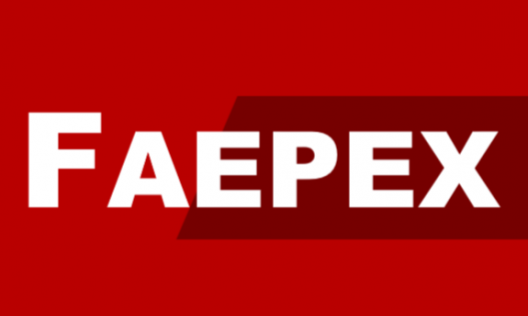| Article | ||

Download article |
Title: A -Golden Age- for the discovery of new antileishmanial agents: Current status of leishmanicidal gold complexes and prospective targets beyond the trypanothione system Author: Rosa, L. B.; Aires, Rochanna L.; Oliveira, Laiane S.; Fontes, Josielle V.; Miguel, D. C.; Abbehausen, Camilla Year: 2021 Is part of: ChemMedChem, v. 16, p. 1682 - 1696 DOI: https://doi.org/10.1002/cmdc.202100022 Citation: Rosa, L. B.; Aires, Rochanna L.; Oliveira, Laiane S.; Fontes, Josielle V.; Miguel, D. C.; Abbehausen, Camilla; A -Golden Age- for the discovery of new antileishmanial agents: Current status of leishmanicidal gold complexes and prospective targets beyond the trypanothione system. ChemMedChem, v.16, p. 1682-1696, 2021 Abstract: Leishmaniasis is one of the most neglected diseases worldwide and is considered a serious public health issue. The current therapeutic options have several disadvantages that make the search for new therapeutics urgent. Gold compounds are emerging as promising candidates based on encouraging in vitro and limited in vivo results for several Au-I and Au-III complexes. The antiparasitic mechanisms of these molecules remain only partially understood. However, a few studies have proposed the trypanothione redox system as a target, similar to the mammalian thioredoxin system, pointed out as the main target for several gold compounds with significant antitumor activity. In this review, we present the current status of the investigation and design of gold compounds directed at treating leishmaniasis. In addition, we explore potential targets in Leishmania parasites beyond the trypanothione system, taking into account previous studies and structure modulation performed for gold-based compounds. Funding: L.B.R., J.V.F. and R.L.A. are recipients of Master's fellowships from CoordenacAo de Aperfeicoamento de Pessoal de Nivel Superior, Brasil (CAPES; #88882435402/2019-01, #88887373256/2019-00, and #88887372957/2019-00, respectively). L.S.O. receives a PhD fellowship from CAPES (#88887479777/2020-00). D.C.M. is supported by a FAPESP Young Investigator Award (#2014/21129-4) and FAEPEX-Pesquisa, Pro-Reitoria de Pesquisa - UNICAMP (#519.292). C.A. is supported by FAPESP Regular Research Support (#2019/16904-2), Sprint FAPESP (#2018/21120-8), and Brazilian National Research Council (CNPq) (#406444/2018-8). |
Financed by:   |